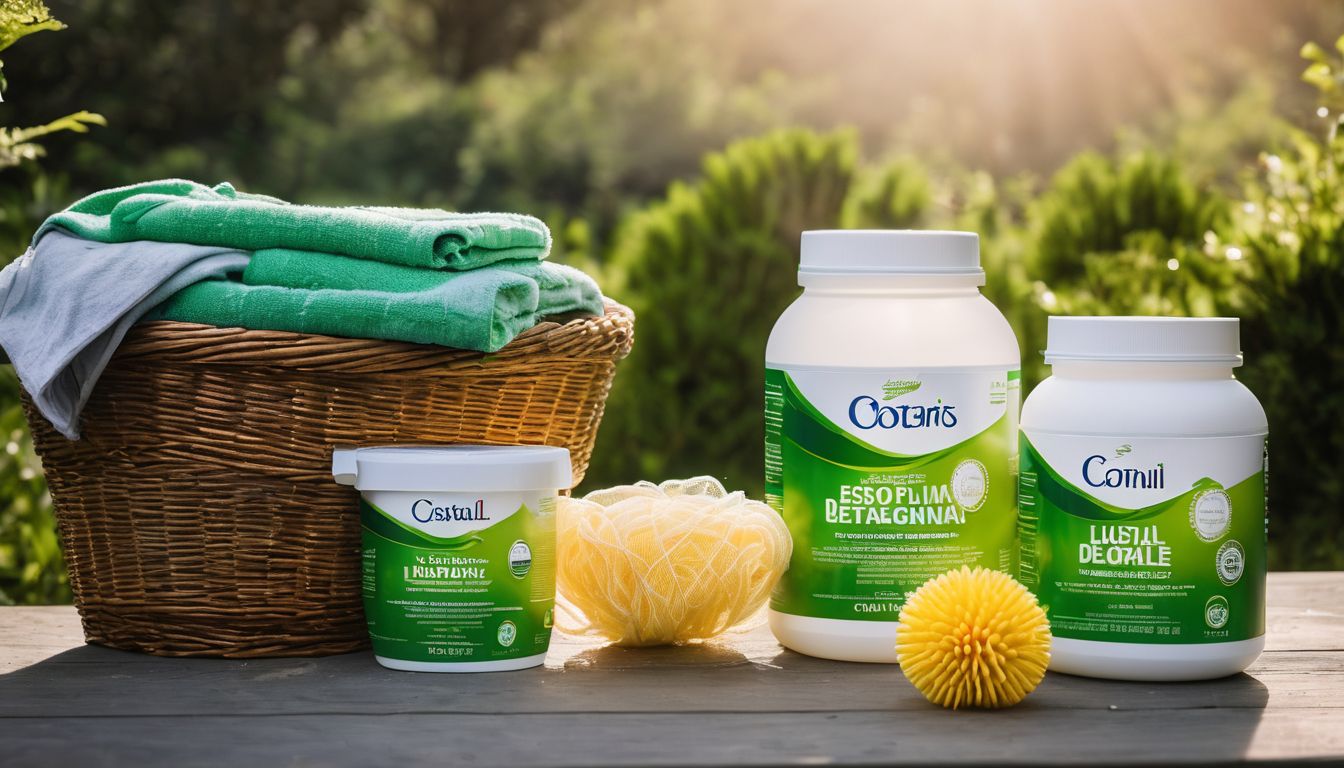BENEFITS for the environment:
In 2003 the United Nations reported that over half of the global population would live without enough water, and five years later in 2008 some of this prediction proved to be true. Indian farmers were lacking ample groundwater to grow their crops and East Africa experienced battles due to insufficient water supplies. Whether you are a farmer needing to water your crops, a fish biologist trying to protect migrational corridors of salmon, or a mom teaching your children good habits, water conservation is a crucial habit to continually practice. For more information on the need for and benefits of water conservation, you can also read the Greeniacs Article on the topic available at “Water Conservation”.
BENEFITS for your wallet:
It is no secret that when you use less you pay less. A smaller drink holds less soda so it costs less than a larger beverage and this analogy can apply to your monthly water bill. Using less water means you will pay less, and although water is currently not an expensive resource in the United States, water rates have already begun rising and are expected to keep going up nation-wide. In May of 2008, water rates increased 14.5% in New York State, an annual estimate of $100 rise per household. The point is to instill habits of conservation before your bills go up, that way you can save once the financial storm hits and save a few bucks while it’s still cheap.
Tips:
1. Dish washing: Many environmentalists say “Abandon your dishwasher!” and for the most part they are correct. But Wait! Keep reading, let’s just run you through your dish washing routine first, and then see what you can approve upon. Usually, you put your used plate on the counter and let it sit for a few hours. Then, you come back, realize that you probably should have cleaned it immediately post-pancake eating, but you didn’t so now it’s sticky. You run the water, scrubbing it with a soap-less sponge, for like twenty seconds, get it pretty clean, then put it in the dishwasher to be cleaned later. Sound familiar? The thing that really kills me about this scenario is that if the washcloth just had some soap on it, that plate would be syrup free and clean! You wouldn’t even have needed to stick it in the dishwasher.
So if you are a dishwasher addict, never fear, there are many things you can do to make this habit more eco-friendly. There are few a key elements that need to be followed and most are pretty simple. First, avoid using the dishwasher during peak hours. You want to shy away from using major appliances during peak hours of energy use because one, it costs you more, and two, when energy use is more spread out there is less of a chance of a blackout due to overuse. Next, always always, always, do a full load. If you’re using the mechanical beast to do your burden you may as well pack it in. Also, you know the sticky plate we talked about earlier? Wipe it down immediately post-use, and if you have dishes that don’t really have junk on them, just don’t rinse them. Lastly, if you can afford it or are looking to invest in green technology, purchase a machine that is energy efficient. Also, Energy Star, a popular brand of energy saving equipment, suggests to “avoid using the heat-dry, rinse-hold and pre-rinse features. Instead use your dishwasher’s air-dry option”.
2. Hand Washing Dishes: The key to dish washing in an environmentally-conscious way is to plug up a sink and fill it with warm water and (biodegradable) soap, dunk your hands in, give ‘em a healthy shake so the water gets nice and bubbly. The bubbles are what kill the germs and having a full sink prevents you from washing dish by dish with constant running water. If you think back to our previous dishwasher prologue, you already wash dishes by hand, you just forget to add soap. Once your sink is filled, drop the extra sticky dishes to the bottom of the sink so they can soak while you are cleaning the rest to eliminate the hardship.
It is also helpful to have a second person do the rinsing. This way, he or she can also check your work to make sure the dish is immaculately clean. Invest in a drying rack, they are only about $20 or less—and “hang dry” your dishes. If you have a large family, do a small load in the morning and a larger one at night to keep your kitchen tidy and still save water. If you are just one or two, one load at night will suffice. The reason you should use hot water to clean your china is because it not only helps remove particles from the dishware, but hot dishes dry much faster than dishes washed in cold water. Plus, it keeps your hands nice and warm—especially in the winter—and you can even buy dish soap that moisturizes those hard-working phalanges. Nice.
3. Rinsing Vegetables: Whether or not you are willing to give up your dishwasher, rinsing your fruits and veggies in an eco-friendly subject that we can all agree on. When you get home from food shopping, instead of putting the produce right in the fridge or the basket, put them in a pile and save them for last. Once everything else is stocked away, you can begin cleaning your produce. If you wash a head of lettuce all at once and then wrap it in a thin kitchen towel or paper towel, you will actually save water instead of washing the lettuce every time you make a salad or have a sandwich, literally at times piece by piece. An additional benefit is that you know everything will be clean so you can just eat it right away. You can dry them in your new dish rack, or you can wrap them in a towel to absorb any leftover water to avoid them getting mushy in the bag you bought them in.
4. Keeping Your Cup: This credit goes all to my mom. Think about how many glasses of water or juice or soda you drink per day. If you are following your doctor’s orders, then lets say eight glasses of water per day. Most people use a new cup every time they get a drink of water, but what’s the point? Why not just keep using the same cup all day. You know it’s yours so you won’t contract any germs but your own, and if you switch up your beverage choice then you just give it a quick rinse and it is as good as clean. To avoid confusion of whose is whose, designate a place in your drying rack for each person. So Megan will get the closest right corner, Jack will get the far left corner, etc. This way everyone can have their own spot and own cup. This saves space on your counter and conserves water because you only need to wash one cup per person per day.
Cost: Less than what you are paying now
You’ll save on both your energy and your water bills.
Time and Effort: Low
Honestly, doing a load of dishes in the sink by hand takes about thirty minutes. Think of all the time it takes to load the dishes into the washer and then unload. Oh yeah, and don’t forget you had to pre-scrub each plate too. Washing veggies will save you time and water, and plus you are doing grocery organization already, you may as well extend it just a few more minutes longer. This takes minimal effort and only requires a remembrance of habit.




